May 31, 2022 | Tuesday
Lack of institutional and social support, unequal treatment and legislative shortcomings are just some of the challenges faced by people with Down Syndrome in Kosovo. Down Syndrome Kosovo Organization (DSK), since 2007 advocates and is committed to improve and protect the rights of people with Down syndrome in Kosovo. To find out more, we spoke with Ms. Sebahate Hajdini Beqiri, Executive Director of the organization “Down Syndrome Kosovo”.
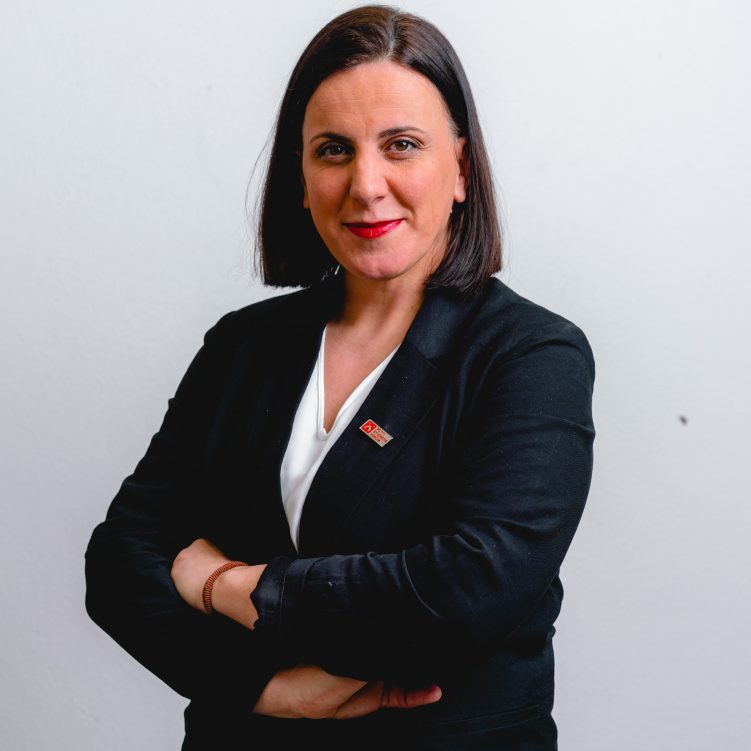
EH: Can you tell us briefly about the organization “Down Syndrome Kosova?
S.H: Down Syndrome Kosovo Association (DSK) was established on March 4, 2007 by parents of people with Down syndrome. DSK has worked and continues to work strongly in the protection and realization of the rights of persons with Down syndrome. To date, DSK has initiated successful innovative initiatives which have directly affected the needs and interests of the community of persons with disabilities, initiatives which have been assessed as useful and of general social interest. The mission of the organization remains to promote, respect and protect the rights of people with Down syndrome in Kosovo, and their families.
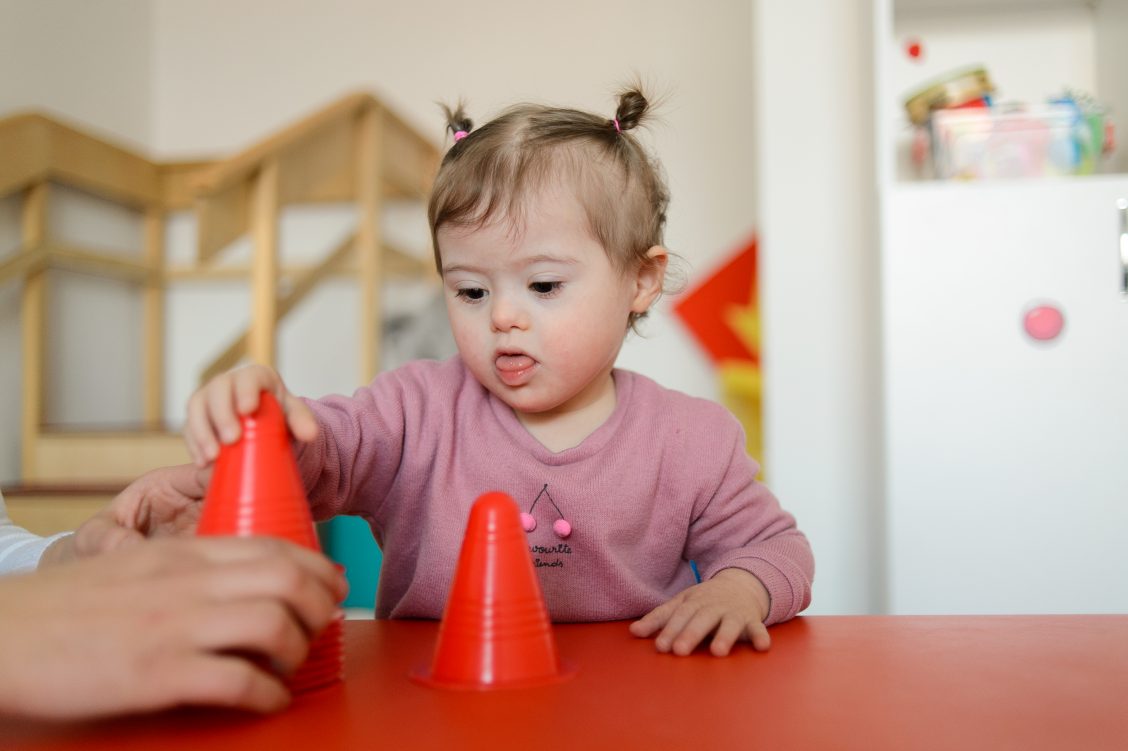
EH: What are the main programs and activities offered by the organization you run in support of people with Down Syndrome?
S.H: Down Syndrome Kosovo Association within its centers offers direct services within two programs: Intervention program and Education program within which therapeutic support services are provided for children 0-12 years old, trainings for parents, educators, teachers, field professionals and students of social fields. Program for Autonomy and Vocational Training: in which persons with Down syndrome over the age of 12 are trained in the field of personal autonomy household and social autonomy as well as trained in the labor market.
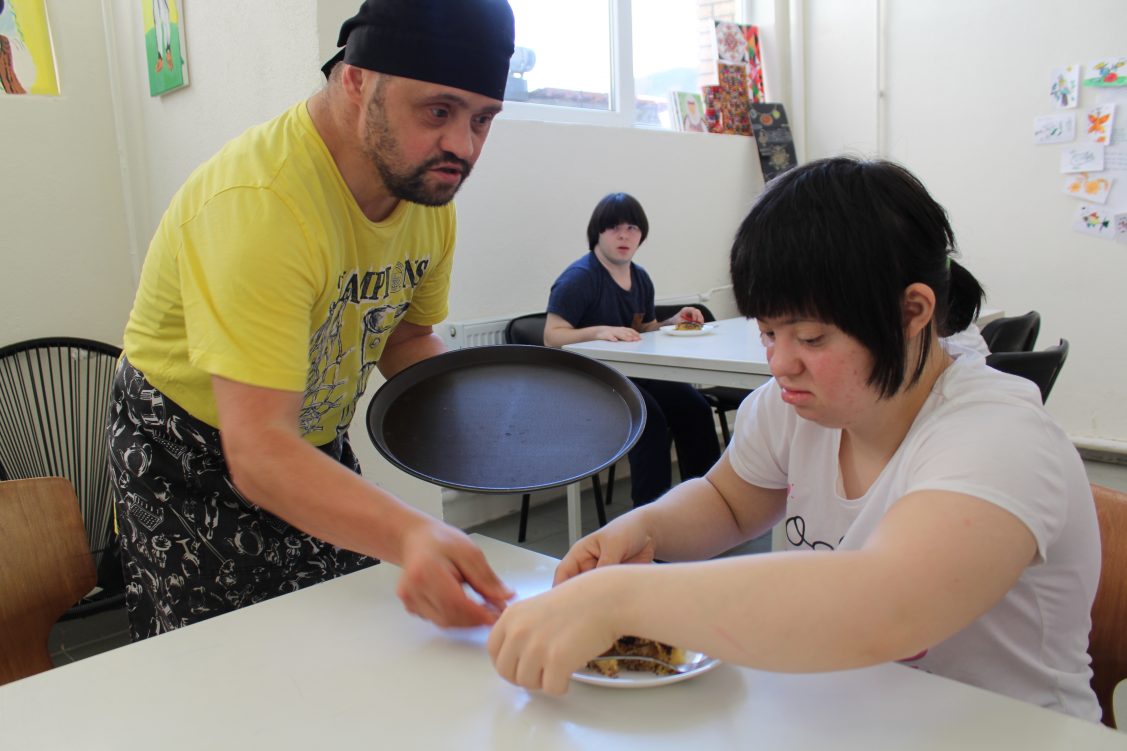
The program has workshops such as: – Cafeterias X21, Natural honey packaging workshop “AMË”, Handmade Postcard workshops, Jam production workshop, raspberry jam, – Candle workshop. The workshops have given and continue to contribute to the development of professional skills of adults with Down syndrome, creating employment opportunities for people with Down syndrome within the association and abroad.
EH: How well does the organization you run meet the requirements of people with Down Syndrome?
S.H: Down Syndrome Association Kosovo through its objectives aims to meet the requirements of people with Down syndrome. Given the fact that the Down Syndrome Kosova association as an NGO provides financial income through project proposals and other donations, the lack of necessary funds often makes it difficult to carry out the day-to-day activities of the association.
EH: How much institutional support do they have and how integrated in society are people with Down Syndrome in Kosovo?
S.H: Based on the needs of the Down syndrome community, institutional support is not enough. Although legislation in general guarantees respect for and realization of the rights of persons with disabilities in Kosovo, persons with Down syndrome and their families continue to face great difficulties in all areas of life due to lack of proper support and sufficient by relevant public institutions.
EH: What more needs to be done for equal treatment and inclusion of people with Down Syndrome?
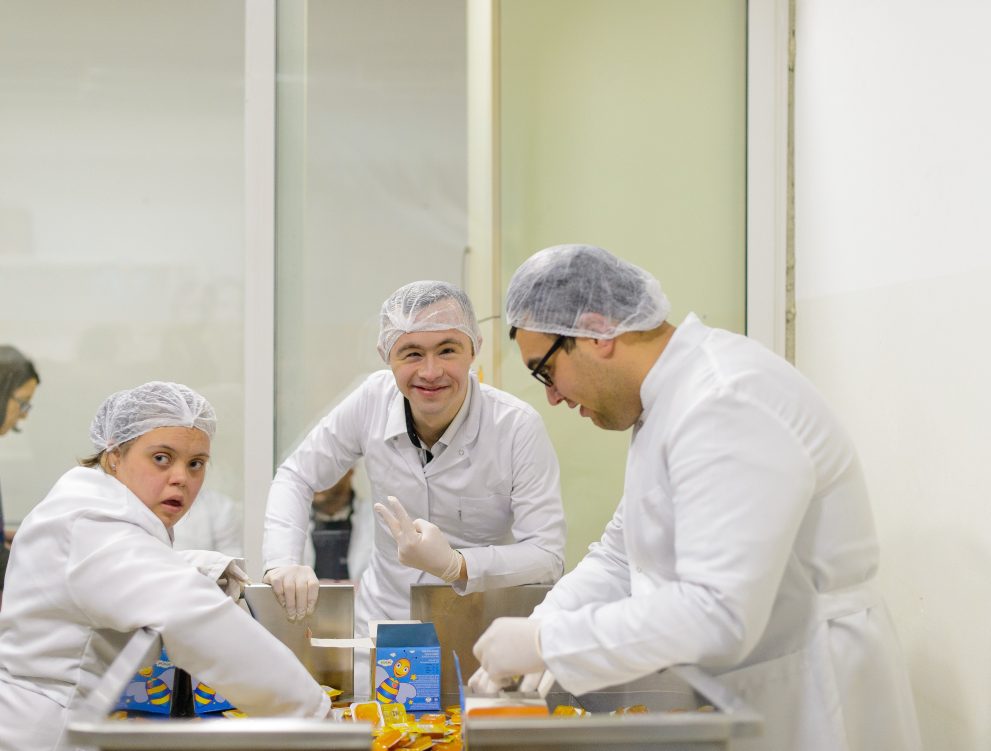
S.H: The legislation in Kosovo, although generally guarantees the respect and realization of the rights of persons with disabilities in Kosovo, does not meet the needs of persons with disabilities and is not comprehensive in relation to groups of persons with disabilities. Based on this fact, as an association Down Syndrome Kosovo, in cooperation with other associations and the Ministry of Finance, Labor and Transfers, since 2016 we have taken steps to draft a law which aims to address all persons with disabilities in the Republic of Kosovo equally. Such a law will create greater opportunities to support the needs of people with disabilities, and already this process since 2016 has passed the prescribed procedures, although it has been delayed due to frequent elections government in recent years. The draft law is on the Government’s legislative agenda / 2022, and is expected to be approved by the Government within this period, to proceed with further procedures until approval.
Also, in order to create opportunities for equal treatment for persons with disabilities, the institutions of the Republic of Kosovo at the central and local level, should strengthen the institutional mechanisms to create greater opportunities for the realization of the rights of persons with Down Syndrome.
EH: Thanks to your commitment, you have recently been nominated by the EU Office in Kosovo for the “European of the Year Award 2022 in Kosovo.” How important has such an assessment been to you?
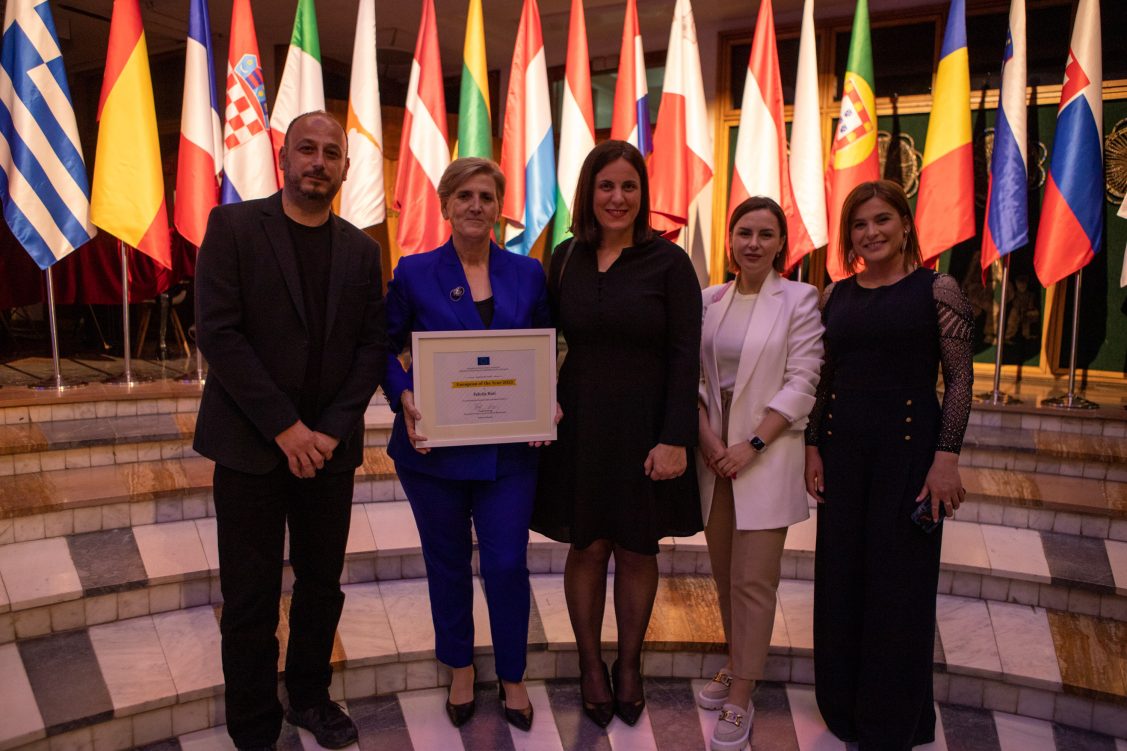
S.H: From the moment I started the initiative to look for other parents with the goal I had to establish the Down Syndrome Kosova association, so from 2007 until today, it has been a journey where in addition to the success achieved has been very challenging. The nomination for the “European of the Year Award 2022” award has elevated my cause and this fact has made me feel extremely good for the assessment I have received from the European Union office in Kosovo.
EH: Your message for the end?
S.H: To work for a Kosovo where every citizen enjoys equal rights and dignified treatment!